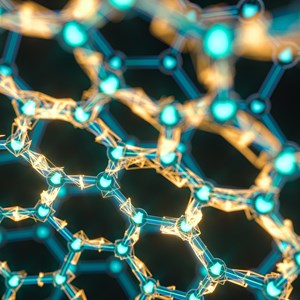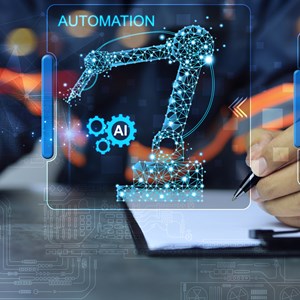NEWS

A new CEN Workshop is being planned which will complement the activities of the ARISA (Artificial Intelligence Skills Alliance). The mission of this project is to help people to understand and use AI in both business and policy contexts.

A new CEN Workshop is being planned which will complement the activities of the EU Research project ETERNAL. The mission of this project is to contribute to the safe and sustainable development of pharmaceutical manufacture, use and disposal.

A new CEN Workshop is being planned which will complement the activities of the EU Research project DiMAT (Digital Modelling and Simulation for Design, Processing and Manufacturing of Advanced Materials). The mission of this project is to develop open digital tools for European SMEs and mid-cap companies that will help them to model, simulate and optimise materials at each stage of the value chain in an affordable way.

A new CEN Workshop is being planned which will complement the activities of the EU project 'NICKEFFECT'. The aim of this project is to discover new solutions for materials replacing the Platinum Group Metals (PGM).

The CEN Workshop on 'Trusted Data Transaction - Part 2: Trustworthiness requirements' was kicked off on 3rd October 2023. The Workshop’s registered participants have agreed on the first draft of the CWA.

A new CEN-CENELEC Workshop is being planned which will complement the activities of the EU Research project HYSTORE (Hybrid Services from Advanced Thermal Energy Storage Systems). The mission of this project is to develop and validate an innovative set of Thermal Energy Storage (TES) concepts, based on the combination of cutting-edge technology components, unlocking the potential of this kind of energy storage as a sustainable solution.

The CEN Workshop on was kicked off on 10th February 2025. The Workshop’s registered participants have agreed on the first draft of the CWA.

A new joint CEN-CENELEC Workshop is being launched which builds on the aims of the EU Research project 'PROBONO'. The project’s vision is to establish an integrator-centric approach for realizing innovative energy efficient buildings in connected sustainable green neighbourhoods.

A new joint CEN-CENELEC Workshop is being established which builds on the aims of the EU-funded CIRC-UITS project. This initiative is part of Europe’s strategy to reduce dependency on extra-EU supplies of strategic products by improving the circularity of the automotive and mass electronics sectors.

The CEN Workshop on was kicked off on 14th February 2025. The Workshop’s registered participants have agreed on the first draft of the CWA.